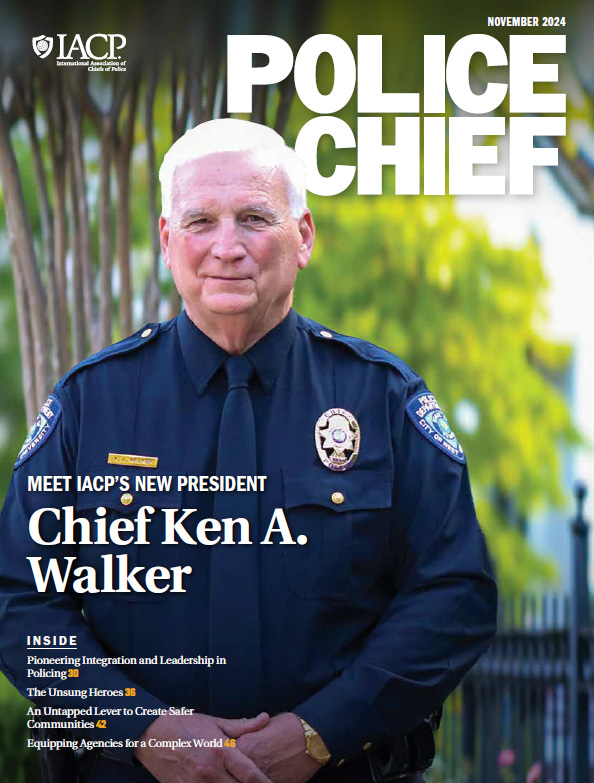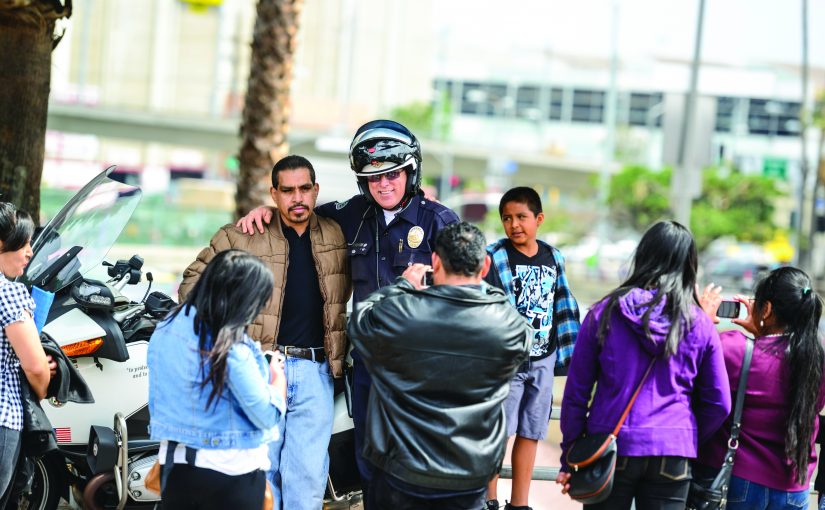
Share
For decades, the argument has been made that one of the surest ways to build positive, lasting community-police relationships is through an organizational commitment to community policing.1 The IACP h...
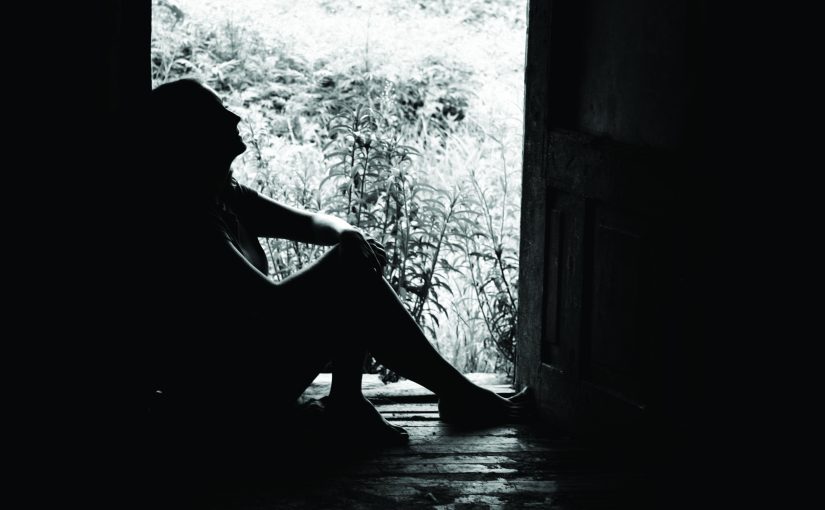
Share
Robert “Ethan” Saylor was a 26-year-old man who enjoyed going to the movies. He also had Down syndrome, a genetic condition that often causes intellectual and developmental delays. In February 201...
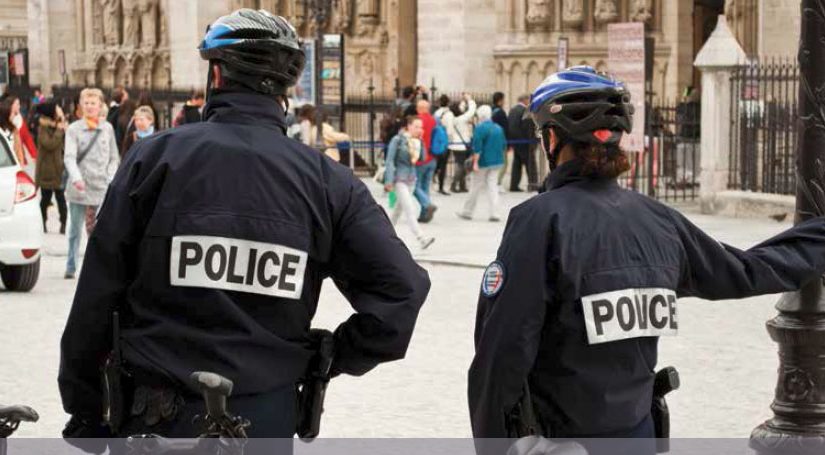
Share
Collaboration is fundamental to effective law enforcement in the 21st century, but community-police collaboration is not a new concept. As long ago as 1829, Sir Robert Peel, who created the first prof...

Share
Domestic violence is an underreported crime. Victims are hesitant to report for a variety of reasons including fear of reprisal by the perpetrator, shame, and worry that no one will believe them. The ...
Share
The importance of police culture is widely recognized—the President’s Task Force on 21st Century Policing noted that “[o]rganizational culture eats policy for lunch” and “[b]ehavior is more ...
Share
Dr. Gary Cordner’s research article on factors that affect police culture in the 21st century examines whether there is a universally identifiable police culture present in U.S. law enforcement. Whi...
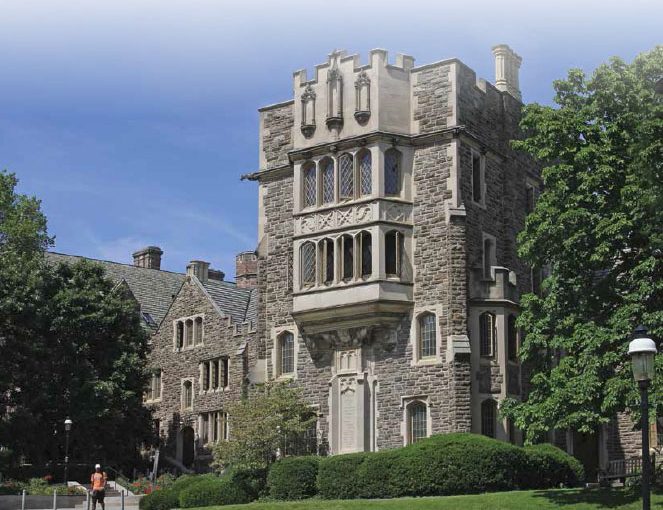
Share
One of the greatest challenges facing law enforcement in the 21st century in the United States is earning and maintaining the trust of the communities it serves. At present, the narrative on community...
Share
It has been said that “culture eats strategy,” and in this time of intense focus on the law enforcement profession, we often hear calls for culture change and reform alongside the calls for new po...



